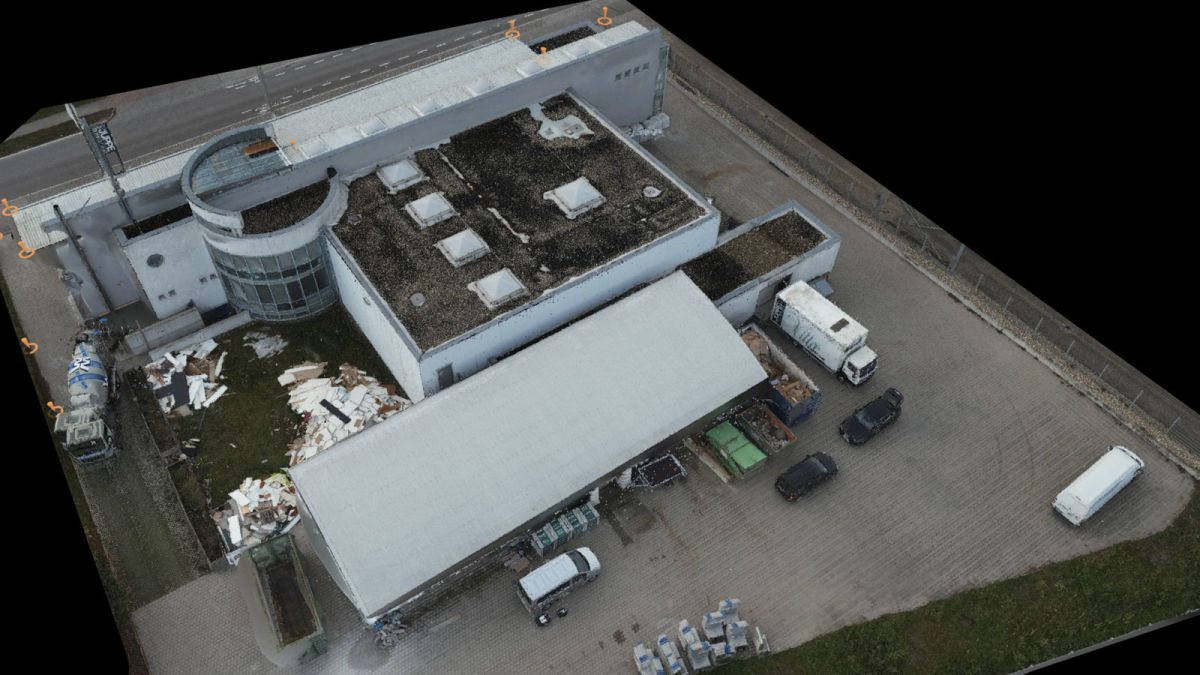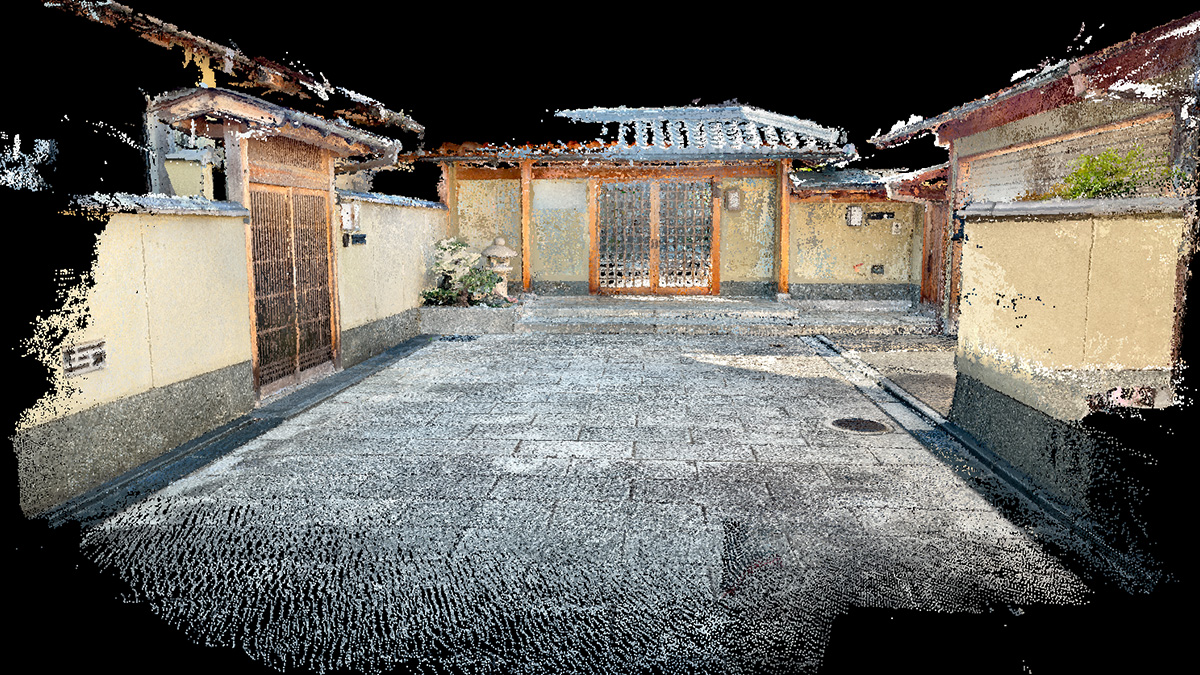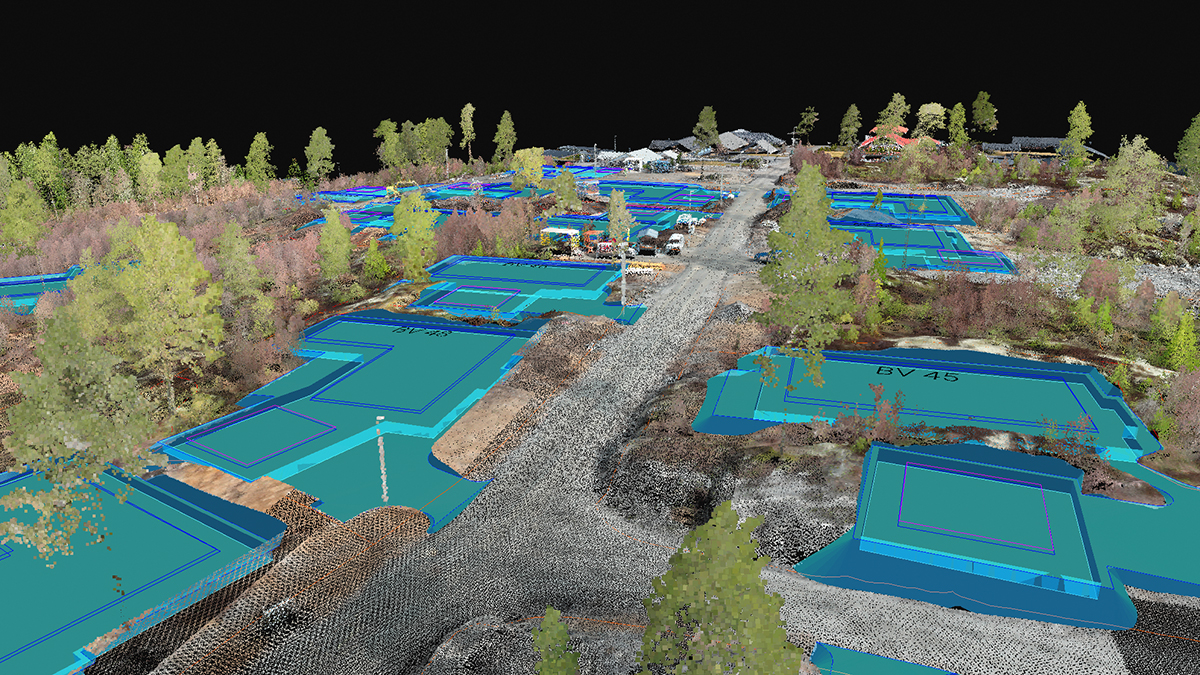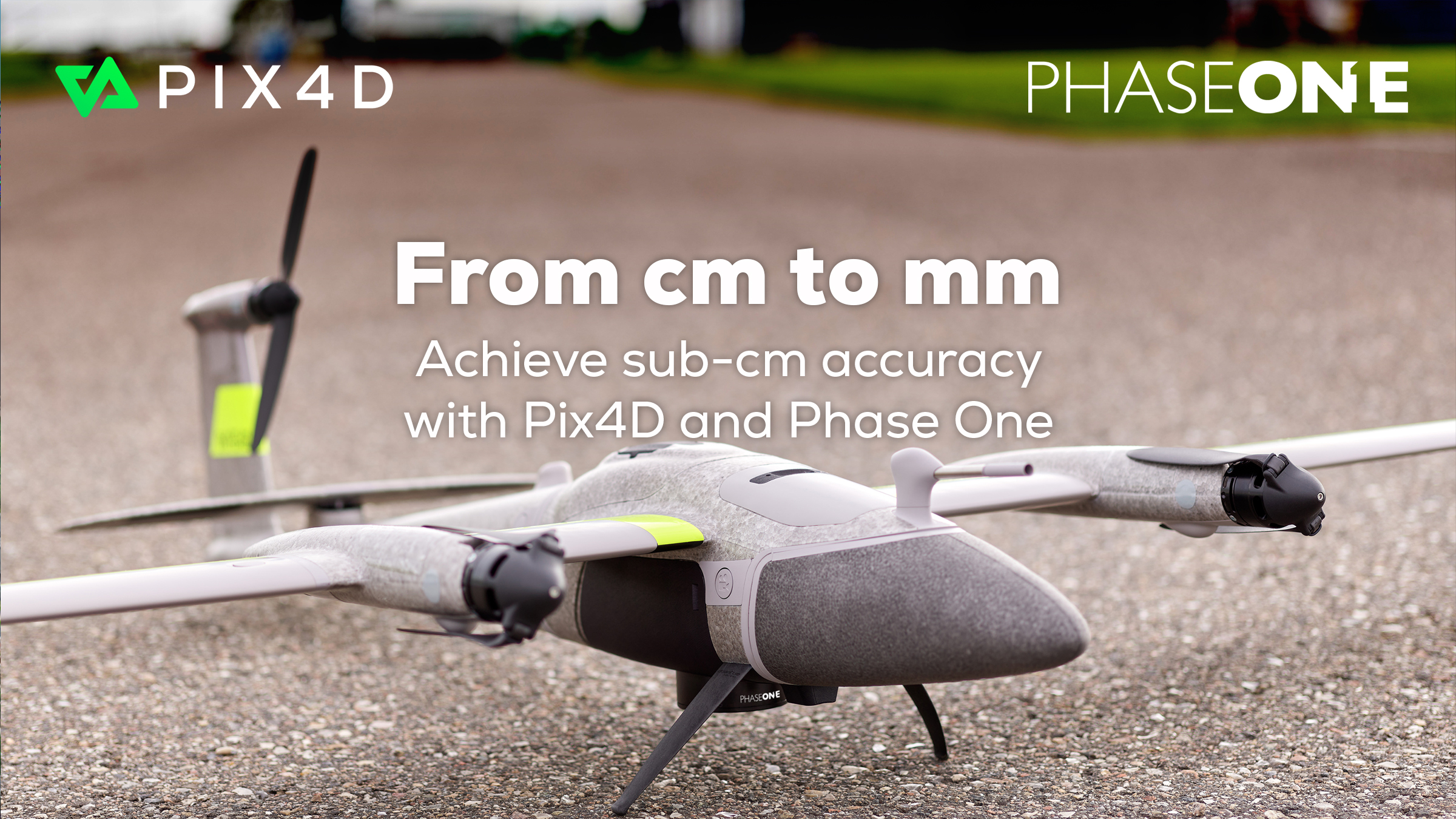Testing the tools for surveyors: drone building inspections
There are drone and software distributors all over the world selling hundreds of different products to solve a variety of problems in various industries. How do you know which is the right one? Solectric GmBH, a drone distributor and Pix4D partner, was faced with this very issue. They wanted to showcase their solutions for building inspections that provided enough detail to be used for analysis for reconstruction plans and also progress or site documentation.
Based in Germany, Solectric has worked with authorities and independent companies as consultants on working with drones and providing the right specialized hardware and software solutions for photogrammetry. Recently, they completed a test project to showcase for their customers how with PIX4Dmapper and the DJI Matrice with the P1 camera, they could generate a 3D point cloud of a building, plan for future adaptations, and have an accurate replica that could be exported and used as a template for a 3D model.
Project details
| Location | Ubstadt Weiher |
| User | Solectric GMBH |
| Area | 3944 square meters |
| Images | 349 |
| Hardware | DJI Matrice 300 RTK, D-RTK 2 Station, DJI Zenmuse P1 |
| Software | DJI Pilot app PIX4Dmapper Meshmixer |
| Processing | 1h 5 min, 2h 04 mins, DSM 23 min, Ortho 1h 20 |
| GSD | 0.67 cm |
Surveying a building with drones
Drone building inspections are now an established industry technique, especially when it comes to roof inspections or solar panel installations. Drones can easily access rooftops and provide high quality imagery that can be used as an accurate reporting method, whether it is for insurance, construction planning, or maintaining accurate records.
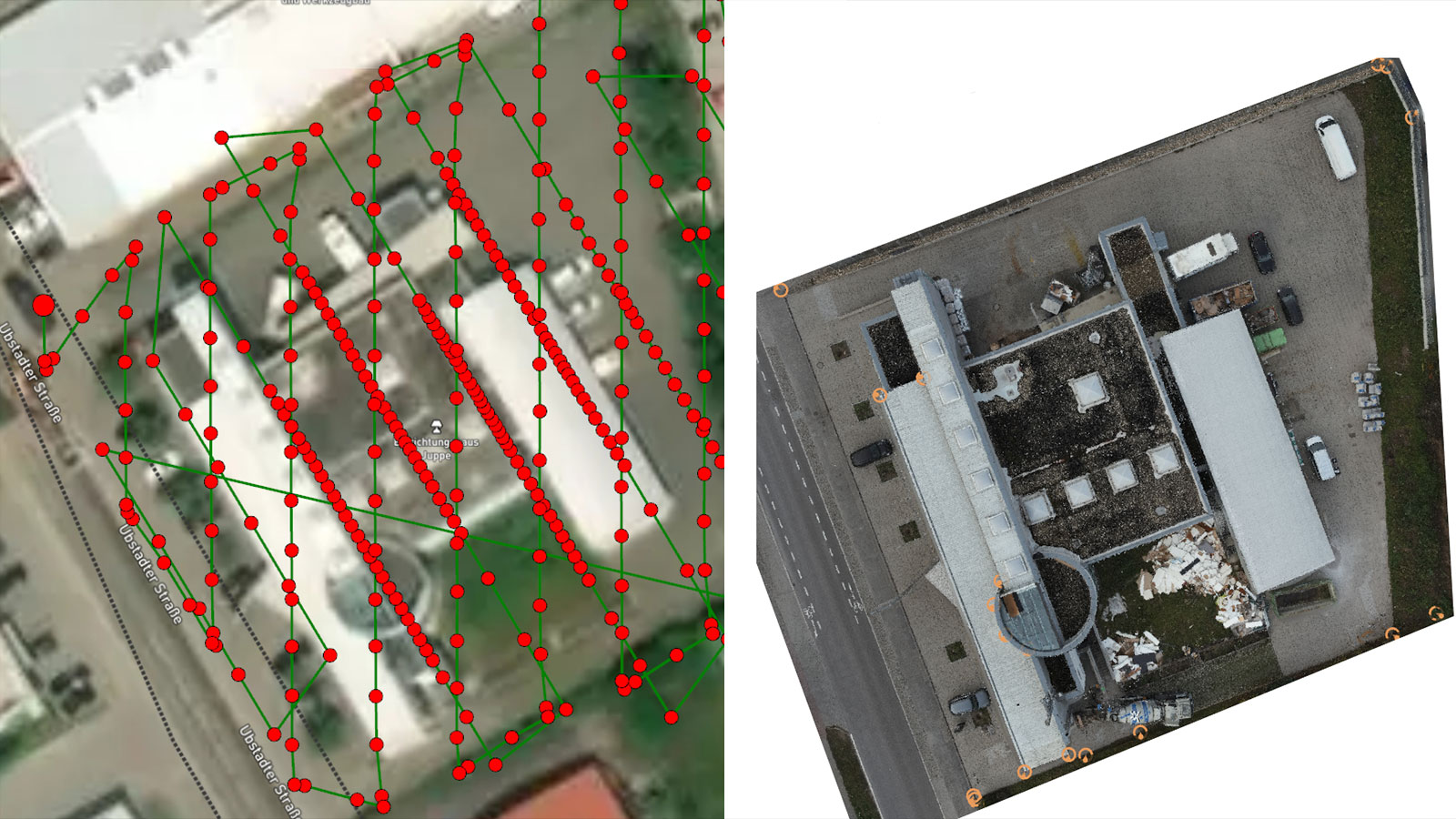
In this use case, Solectric wanted to prove they could create an efficient workflow with their high-end products to use it as a sales and marketing tool for clients. They surveyed their office building, and carefully planned the data collection in order to mainly target their building. This helped them avoid capturing excessive imagery of the surrounding area which helped ensure data protection for nearby people and companies. Their flight took place in Autumn of 2021, during the afternoon. Planning a flight at the right time of day, as in this case, helps avoid distortion from changing shadows as the day progresses.
This was also made easier by the 1 hour of flight time with the DJI Matrice 300 RTK. Solectric used RTK positioning to demonstrate how accurate this technique is, with a D-RTK 2 Station. This eliminated the need for Ground Control Points (GCPs) but still rendered highly accurate results. Whilst many surveying professionals use GCPs, some do prefer to use RTK or PPK for their projects - especially if working with specific fixed-wing drones that have built-in RTK.
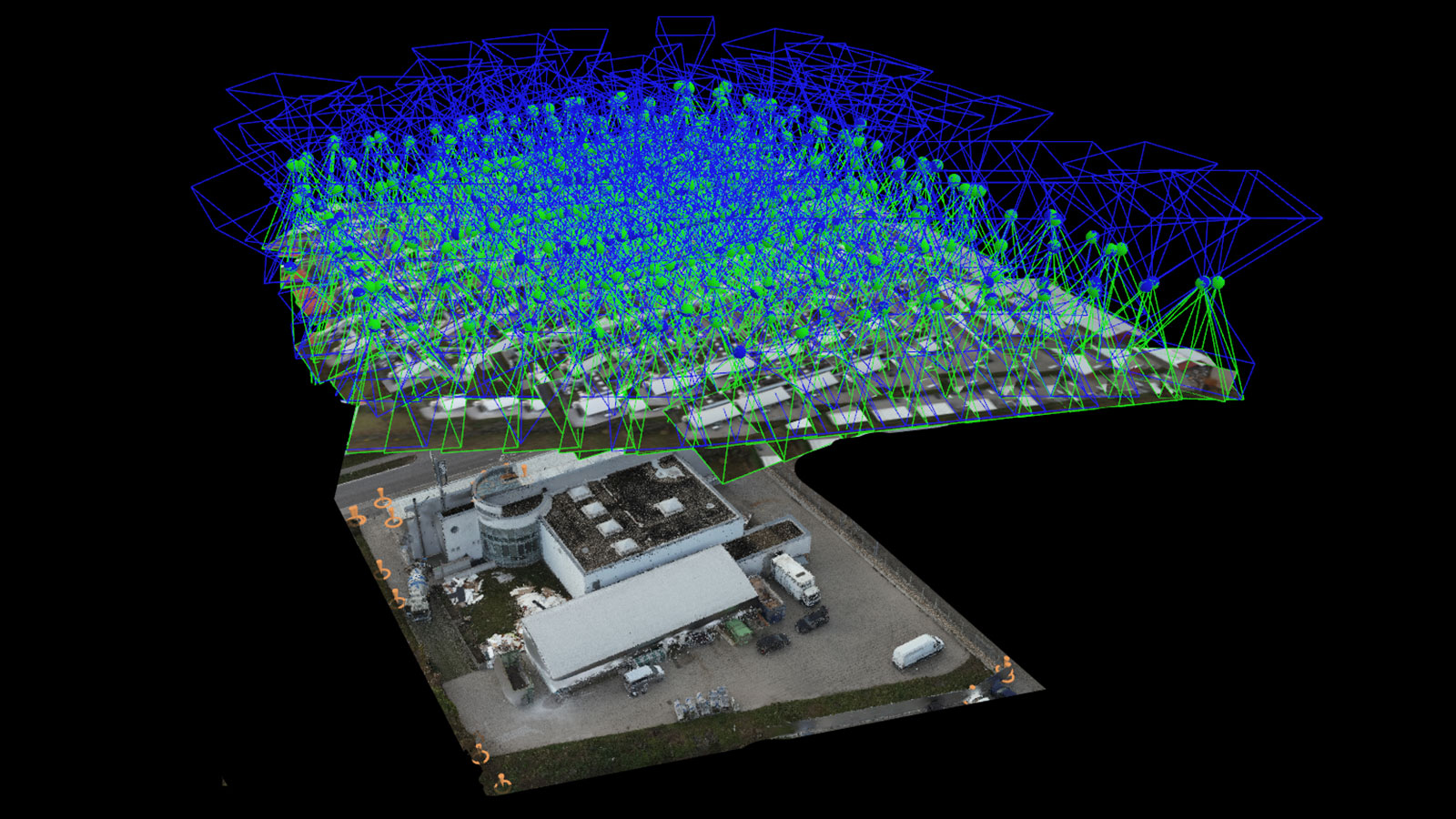
Once the data was collected, the team imported the drone imagery to PIX4Dmapper, totaling 349 images of the 3944 square meter area. Processing was rapid and rendered a 3D point cloud as well as a 2D orthomosaic and Digital Surface Model (DSM), all of which are outputs frequently used by their clients in professional surveying. The outputs are also easy to export, which is critical for surveyors who need to share their outputs. The overall accuracy of the project was proven with the Ground Sample Distance of just 0.67 cm. This means that the space between pixels on-screen represents just 0.67 cm, which is a very small margin and allows a great level of detailed analysis. This is perfect for drone insurance inspections or creating aerial building maintenance records.
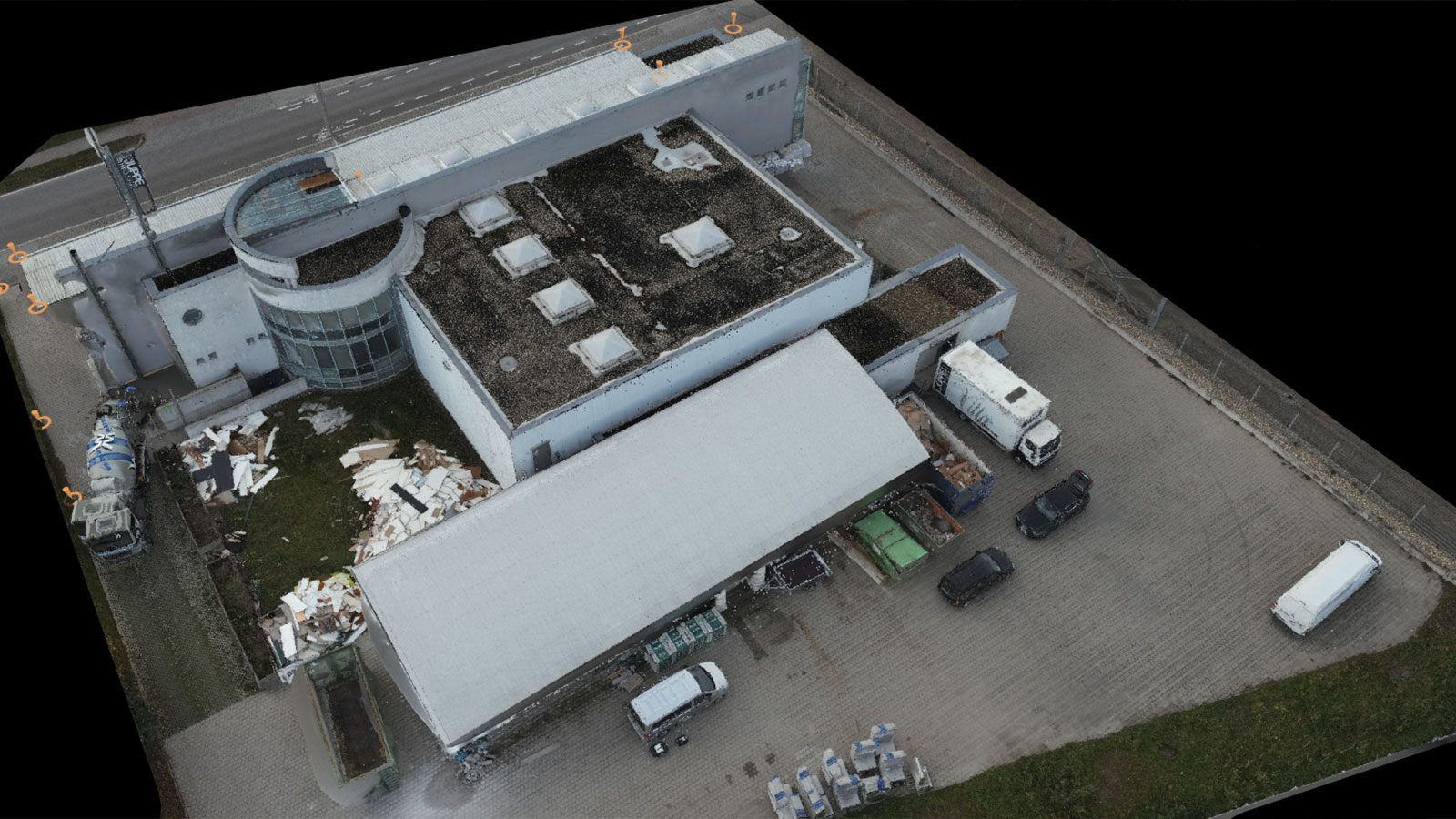
Proof of concept with drone mapping
Drone mapping can be daunting at first for anyone not familiar with drone technology or photogrammetry software. By completing this project internally, Solectric has created the ideal drone mapping sales tool that they can use to demonstrate how their solution or services could be applied by other professionals.
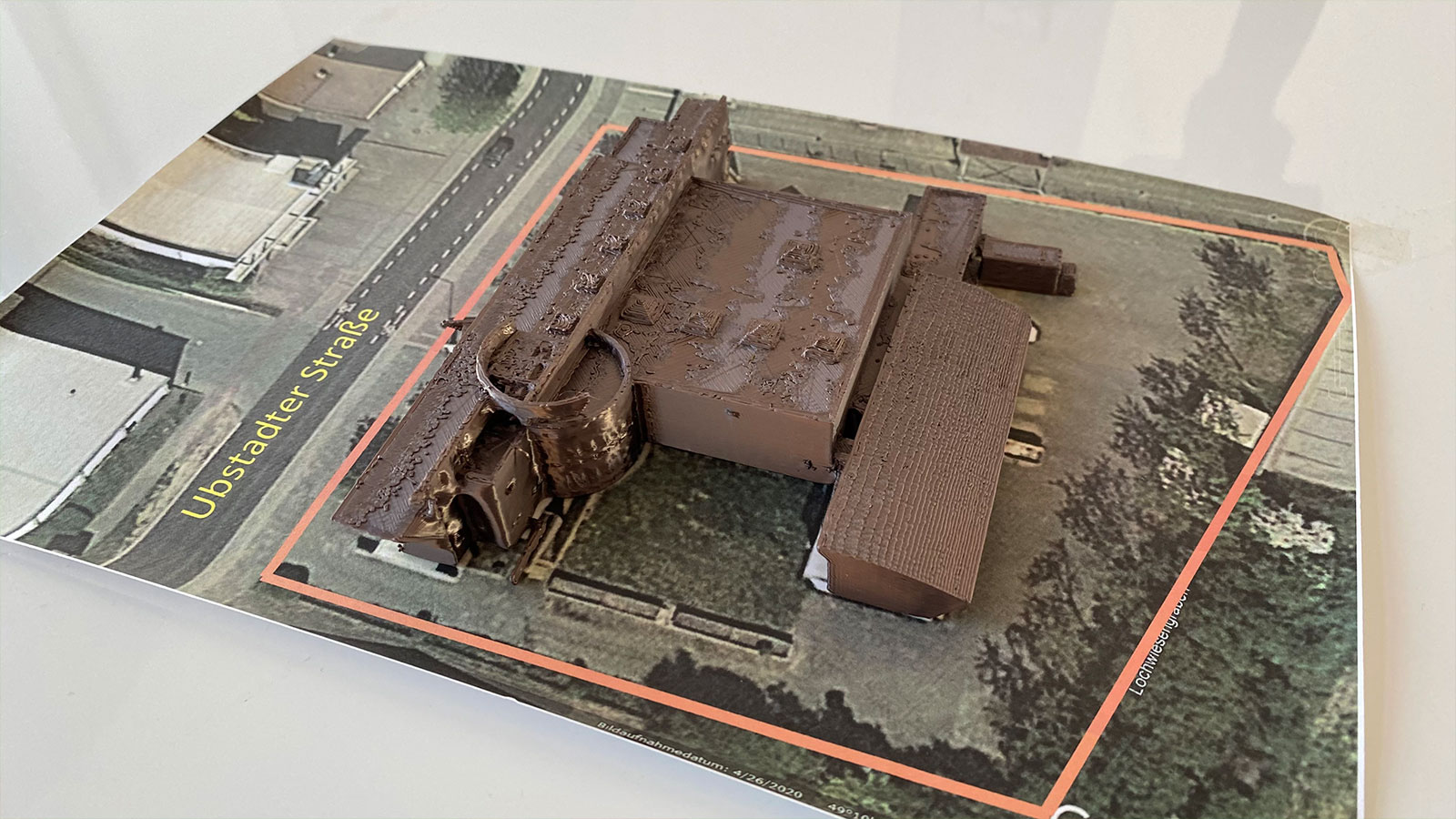
"Working with Pix4D was made very easy for us by the user-friendly interface and the wizard that guided us through the software. We only needed the basic knowledge and information from Pix4D webinars to achieve a very good result. In addition, the export into a 3D printable format is directly possible and we could print the project without any further conversion software." - Kevin Dillmann, UAS Engineer Industrial, Solectric
Using drones to map the building meant Solectric created a 3D model from scratch and documented the entire process, as well as created a detailed report in PIX4Dmapper to prove what was achieved with real measurements. This provides a level of accountability that is critical for industrial surveying and sharing surveying data. Whether Solectric’s clients want to use drones to map an industrial site or something more organic such as a landmark, they will have an understanding of the tools they can use - and proof it works - as a result of this project!
